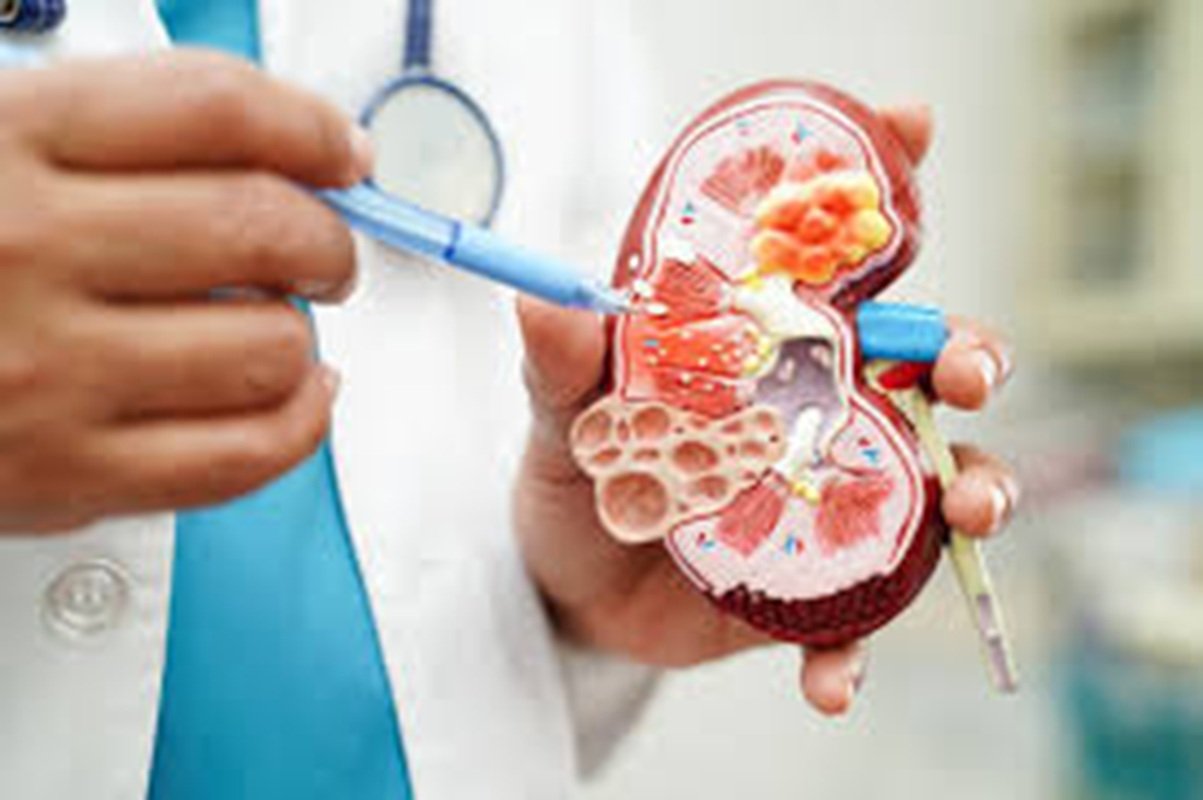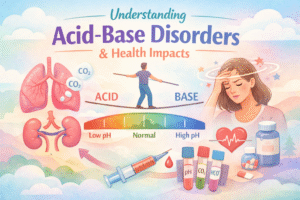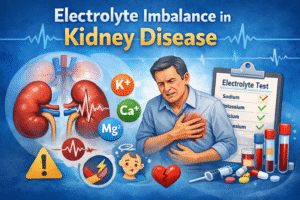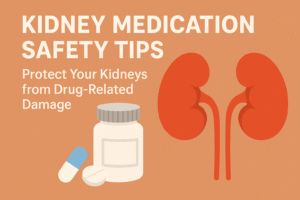Kidney stones are solid deposits of minerals and salts that form in your kidneys, leading to severe pain and possible complications. Kidney stones are an increasingly prevalent health issue in the USA, but many cases are preventable through proactive lifestyle changes.
Understanding Kidney Stones
Kidney stones form when urine becomes concentrated, so minerals start to solidify and clump. These stones range from small to large and can cause extreme pain, urinary tract infections, and damage to the kidney if not treated quickly.
Hydration: Your First Line of Defense
Staying well hydrated is vital in preventing kidney stones. Drinking enough water creates dilute urine, making it less likely that minerals will form stones. Drink at least 2 liters of water per day, if not more, depending on body activity and physical condition.
Dietary Adjustments
Get Low on Sodium: High sodium levels may increase calcium excretion in the urine, which increases the risk of stone formation. Limiting salt consumption—by not buying processed foods with added salt and not sprinkling extra salt in your food—is helpful.
- Limit Meat Tightenings: Eating many meats will raise your acid levels and contribute to uric corruption stones. Smartly balancing protein sources and adding plant-based proteins will lessen the risk.
- Increase Dietary Calcium: This may sound counterintuitive, but eating sufficient amounts of calcium-rich foods can actually prevent calcium oxalate stones by binding oxalate in the intestines, minimizing its absorption. Ensure you eat dairy products, leafy greens, and fortified alternatives.
- Limit Food High in Oxalates: Oxalates can combine with calcium to form calcium oxalate stones. Though dietary oxalate is a nonissue for many people, those prone to kidney stones may want to limit their intake of high-oxalate foods, including spinach, nuts, and chocolate; the average person consumes 200–300 mg per day.
- Limits Added Sugars: Consuming high sugar intake, especially fructose, can increase the risk of kidney stones. Reducing sugary drinks and processed foods can help reduce this risk.
Maintain a Healthy Weight
One of the major risk factors for kidney stones is obesity. Maintaining a healthy weight—through balanced nutrition and regular physical activity—can help prevent stone formation.
Regular Physical Activity
Regular exercisers will maintain a healthy weight. This is key to kidney health. Try to get at least 30 minutes of moderate activity on most days.
How to monitor vitamin and mineral intake
Vitamin C Supplements High doses of vitamin C can stimulate oxalate synthesis (and subsequently, impact calcium absorption), leading to an increased risk of kidney stones. You should avoid high-dose vitamin C supplements.
Potassium Citrate: Potassium citrate supplements may assist in post-kidney stone formation by alkaline urine for individuals at risk of stones. Check with a health care professional before beginning any type of supplementation.
Drug and Disease: Medications and Medical Conditions
Certain drugs and medical situations can enhance the danger of kidney stones. If you have a history of kidney stones or conditions such as hyperparathyroidism, talk with your health care provider about preventive strategies.
Regular Check-ups
Regular medical check-ups can catch early signs of kidney stones or underlying conditions that may lead to the development of kidney stones and enable early intervention.
To prevent the formation of kidney stones, it needs to follow drinking enough water, dietary changes, weight management, and physical activity. Making these lifestyle changes can help keep you diabetes-free and reduce your risk of developing kidney stones.
Speak with the experts at Southern Oklahoma Kidney Center for personalized advice and full kidney care Monthly Digital Edition Their highly trained team provides personalized support for your specific health needs. Check them out at Southern OKC.




